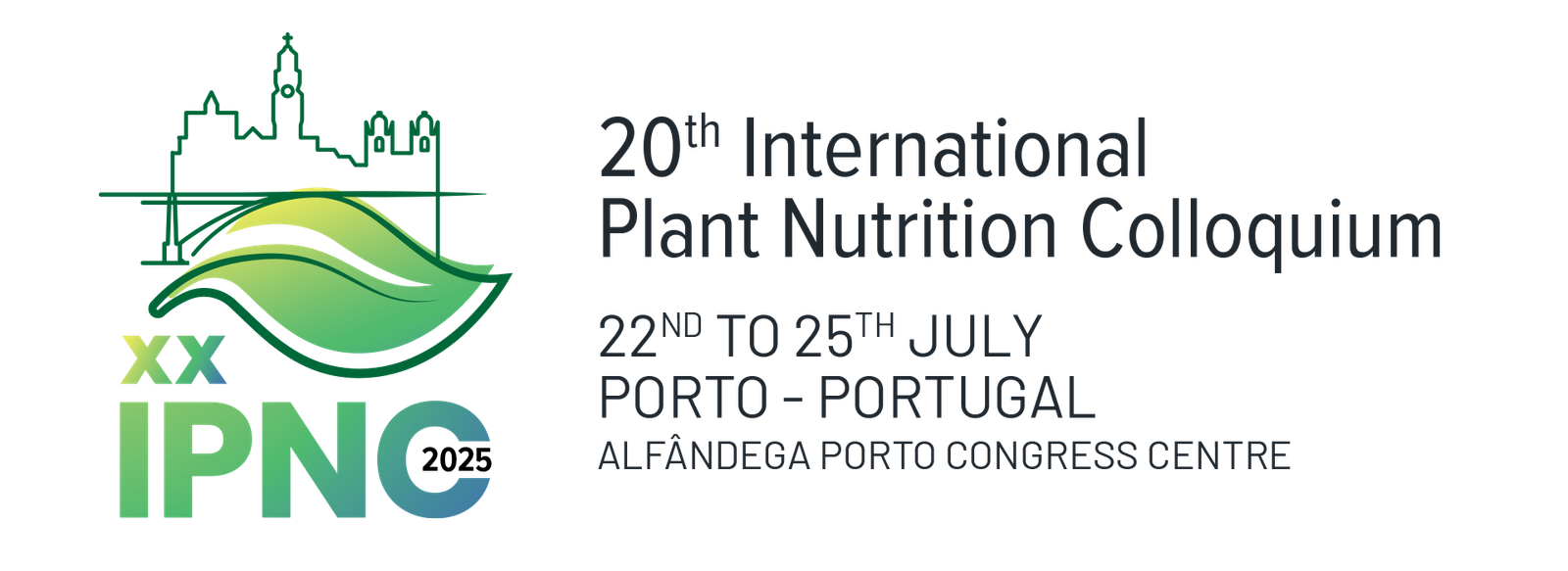
Ingo Dreyer
Ingo Dreyer is full professor in the Department of Bioinformatics at the University of Talca in Chile. During his career, Ingo received a highly interdisciplinary training and now in his research he employs techniques from e.g. computational cell biology, mathematics, biophysics, bioinformatics, and molecular biology, to approach plant physiological questions. A driving force throughout his career was to investigate the diverse roles of potassium in plants. Another current interest is to understand the mechanisms of signaling processes in plants (e.g. electrical, pH and calcium signaling).
Initially, Ingo studied Physics at the University of Hannover, Germany, and continued with doctoral studies in Biophysics and Plant Physiology in the group of Prof. Rainer Hedrich at the University of Würzburg, Germany. Afterwards, he went with a Marie-Curie Individual Fellowship (EU) to the plant science center in Montpellier, France, and got expert training in plant molecular biology in the laboratory of Profs. Hervé Sentenac and Jean-Baptiste Thibaud. Thereafter, he became a member of the group of Prof. Bernd Mueller-Roeber at the University of Potsdam/Max-Planck-Institute of Molecular Plant Physiology, Golm, Germany, at the level of an Assistant Professor and received his Habilitation in Biophysics and Molecular Plant Physiology. In the following, he was awarded a Heisenberg-Fellowship of the German Research Foundation (DFG) and established his own group. During that time, the Alexander von Humboldt Foundation and CONICYT-Chile awarded him the Abate Juan Ignacio Molina prize of excellence, which allowed him to spend 4 months as a guest professor at the University of Talca, Chile. Thereafter, he moved as a professor to the Centro de Biotecnología y Genómica de Plantas (CBGP) in Madrid, Spain and received a Marie Curie Career Integration Grant of the European Union. In 2015, he moved permanently to the Department of Bioinformatics at the University of Talca in Chile and became Professor Titular (full professor). During his career path, Ingo has spent several additional short-term research-stays in Japan, Italy, France, Denmark, and Colombia.
The unique combination of computational cell biology/mathematics/biophysics/bioinformatics allows to address plant physiological questions from unprecedented viewpoints, which sometimes revealed surprising new insights.




